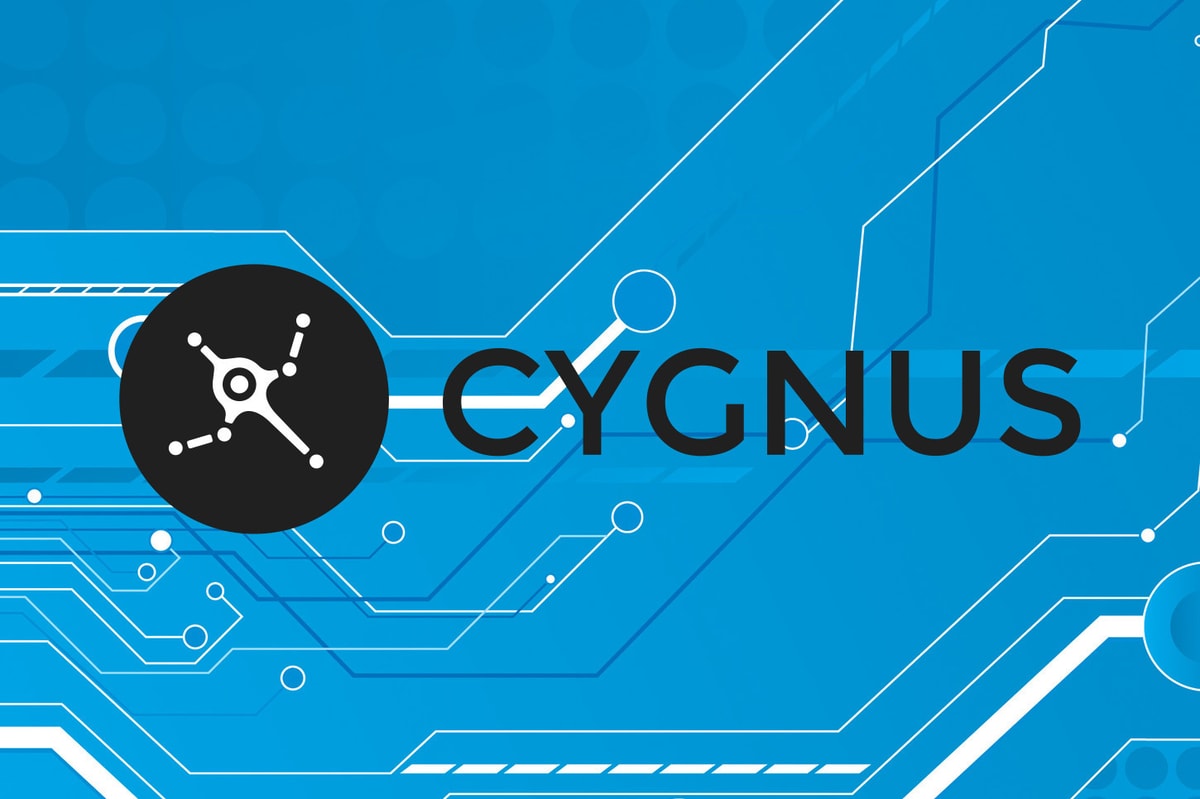There is no such thing as true privacy in the digital age
Data privacy was virtually nonexistent when technology exploded in the early 2000s. There was limited privacy regarding personal information and online behaviors, and shockingly, most of it was considered company property for profit gain. With more government intervention, in addition to evolving user awareness and market forces, people have far more control over their data than ever before. But as with anything, is total user privacy inherently a good thing?
The use of “surveillance capitalistic” practices — or the undisclosed extraction and profiteering of personal data — has risen into public consciousness and government debate over the past two decades. The growing discomfort and scrutiny over unchecked powers within our data economy led many to seek out alternate decentralized internet platforms in the name of anonymity and data security. It also prompted an onslaught of U.S. legislative action, including the passage of at least 27 online privacy bills which aim to regulate the data markets and increase privacy and protection alone — advancements are only continuing to expand.
While these advancements in the name of data security are well-intended, it is important to remember that data privacy is nuanced and categorized in a number of different ways. Taking extreme measures to elevate certain aspects of privacy could prove quite dangerous to users and organizations at large.
So then, what’s the difference?
In total, there are three tenants of privacy that should be discussed independently from one another, each carrying a certain level of gravity to the data privacy paradox.
Security
When people think of data privacy, they’re primarily concerned with the idea of acquiring security. Namely, the need to keep passwords, private keys or other data that can be exploited to violate one’s security protected from others’ eyes. This tenant of privacy is extremely important and covered by various laws and regulations, plus companies like Apple have made data security a big selling point, encouraging other manufacturers and app developers to integrate privacy features to increase the number of users. This form of privacy is universally supported by society.
Weaponization
To no surprise, some data can be weaponized when not kept private. Revealing one’s race, sex, gender or other heuristics for a job interview, university submission, loan or other application may affect the outcome of that process — either intentionally or unintentionally. Some of these heuristics can even be actively used to blackmail or otherwise control someone. This issue concerning privacy has been at the forefront of the discussion, and although some substantial progress has been enacted through policies and laws, it still needs to mature.
Anonymity
Any data that falls outside of security or weaponization is the desire for someone to be able to act or speak anonymously. This desire can be rooted in the fear that the data may be weaponized, but in many cases, this claim for a right to privacy is usually done to disassociate oneself from an act or statement. People will even claim a right to privacy when the act or statement is done in a public setting, either physically or virtually. Most people believe that the right to transparency is more important for data that falls outside of the need for security or the fear of weaponization, trumping the individual’s desire for anonymity.
How absolute privacy can prove harmful and dangerous
The dilemma before us is how to determinewhich typesof data should be protected due to the risk of weaponization, especially as new methods are introduced by nefarious and/or profit-mongering enterprises, versus what data should not be protected due to others’ rights to transparency.
For example, if we were to enact privacy laws that protected one’s anonymity to the extreme, then this could place users in dangerous situations — financially, personally or physically. If you were to call an Uber in this alternate reality, then there would be no assurance of who would be picking you up, what that vehicle looked like or the location of your pick-up or destination. Data should always aim to be secure, but privacy isn’t always the full-sweeping answer to these concerns.
Bridging the gap
In today’s ever-digital world, the challenges of the data privacy paradox are big and the stakes are bigger. Sometimes security can be achieved with a push for privacy, but other times, a push toward transparency is the best way to achieve security goals.
As debates on these issues continue and new policies are considered that will shape the future of data privacy in both DeFi and CeFi, it is imperative that these three tenants are carefully balanced, otherwise one wrong slip could yield detrimental consequences.
Arie Trouw is the co-founder of XYO and founder of XY Labs.
This article was published through Cointelegraph Innovation Circle, a vetted organization of senior executives and experts in the blockchain technology industry who are building the future through the power of connections, collaboration and thought leadership. Opinions expressed do not necessarily reflect those of Cointelegraph.
Learn more about Cointelegraph Innovation Circle and see if you qualify to join










